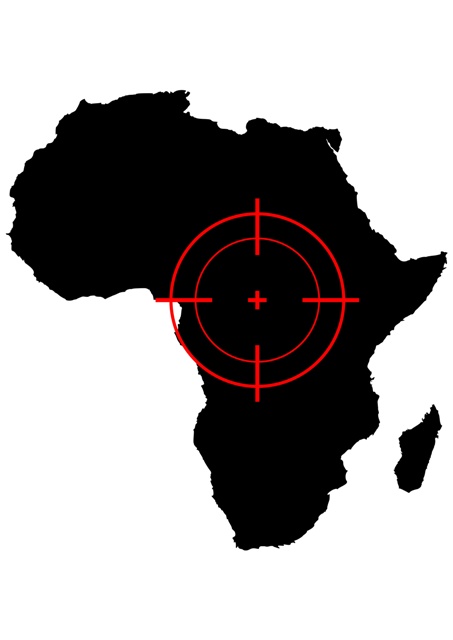Long viewed as a fragile state, the Central African Republic (CAR) is now confronted with a deep political, security and humanitarian crisis, which reached a peak in December 2013. The EU is the main donor to CAR and has stepped up its humanitarian and development aid in response to the crisis.
An escalating crisis

The crisis in CAR escalated in March 2013 with the ousting of President Bozizé by a coalition of northern, mostly Muslim, rebel groups – Seleka (Alliance), despite a power-sharing agreement. Michel Djotodia, the coup leader, became interim president, and dissolved the Seleka. But continued attacks by ex-Seleka fighters countered by other militias, such as the Christian “anti-Balaka”, degenerated into aggression against Muslim and Christian communities, peaking on 5 December 2013. In just two weeks, more than 1 000 people were killed and some 215 000 internally displaced (IDPs). Thousands have died and more than 1 million have left their homes (one-fifth of the 4.6 million population). According to UNHCR, on 24 January there were around 922 000 IDPs in CAR, with some 497 000 in the capital, Bangui; another 86 000 are refugees in neighbouring countries. More than half the population needs humanitarian assistance. The United Nations (UN) and other organisations have expressed deep concern at human rights violations and abuses and use of child soldiers, and warn of a risk of crimes against humanity and genocide. Giving in to international pressure, President Djotodia resigned on 10 January 2014. Catherine Samba-Panza was sworn in as transitional president on 23 January and has appointed a new government. Elections should take place by February 2015 at the latest.
The international response
The international community, including the UN Secretary General, the UN Security Council (UNSC), the African Union (AU) and the EU, strongly condemned the March coup. UNSC Resolution 2127 (5 December 2013) institutes an arms embargo against the CAR and authorises the deployment for one year of an AU-led International Support Mission (MISCA), supported by some 1 600 French troops. With a force of 6 000 troops, MISCA’s mandate is to contribute to the protection of civilians and the restoration of security and State authority in CAR, and to facilitate the provision of humanitarian aid. MISCA may be transformed into a UN peacekeeping operation. A UN commission of enquiry will investigate human rights abuses in the CAR, and other UN offices are coordinating the humanitarian response: vital food supplies, health and sanitation, etc. However, the security situation and insufficient funds constrain aid workers’ action.
European Union
In 2013, the EU and its Member States (MS) contributed over €76 million in humanitarian assistance to CAR. Since December 2013, the Commission increased humanitarian aid to €45 million, plus €23 million in development funds, and various MS offered €74.5 million. In January 2014, the EU and other donors pledged €366 million (including the €45). The EU has also organised humanitarian aid flights to bring supplies and aid workers to CAR, and contributed €50 million to support MISCA. On 20 January 2014, the Council approved the creation of a 500-600 troop EU Force (EUFOR) operation in the CAR to be deployed for up to six months to help stabilise the Bangui area before handing over to the AU. The UNSC recently authorised the operation.
The European Parliament‘s latest resolution on the situation in CAR (12 December 2013) strongly condemned the serious violations of human rights, called for the prosecution of their perpetrators and expressed its deep concern about the possible spill-over effect in the region; called on the international community to address the grave humanitarian crisis; and called for the restoration of the constitutional order, by implementing the agreements on the political transition and organising elections by February 2015.








[…] EUCAP, EUTM, EUFOR: this list of acronyms represents very concrete responses from the EU to crises in the Central African Republic or in the Sahel ["keysource" briefing to be published later this […]